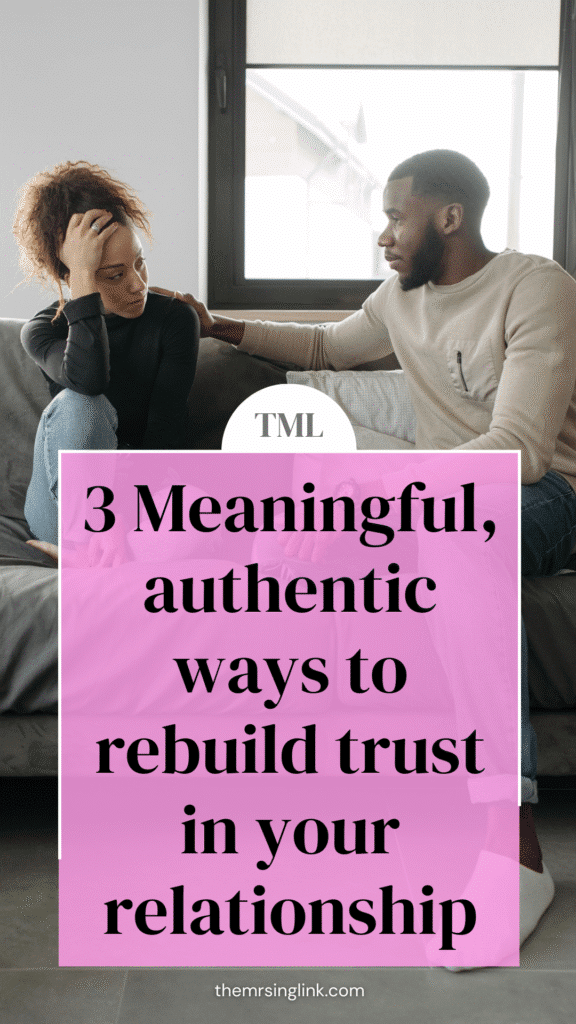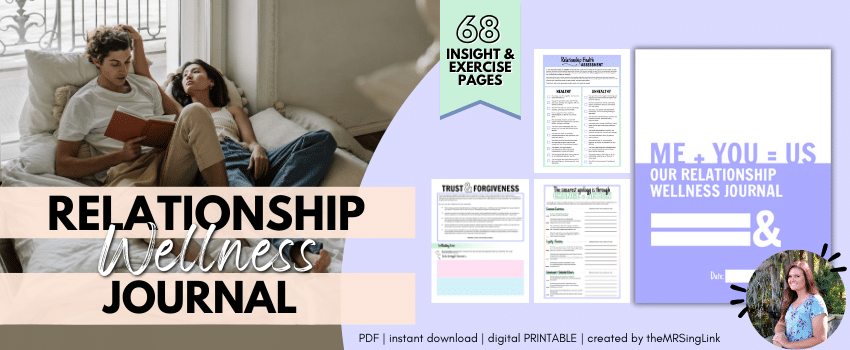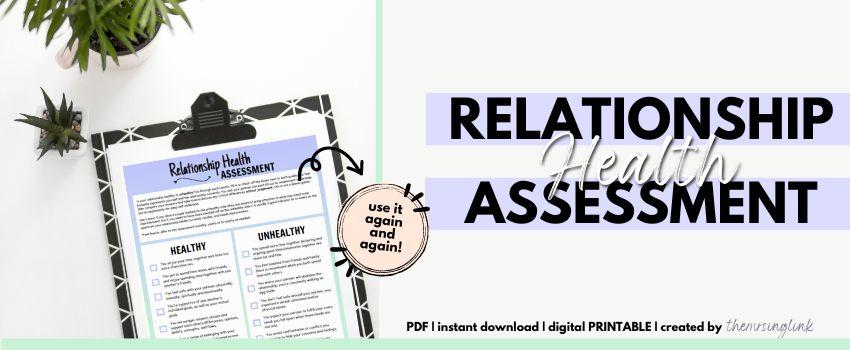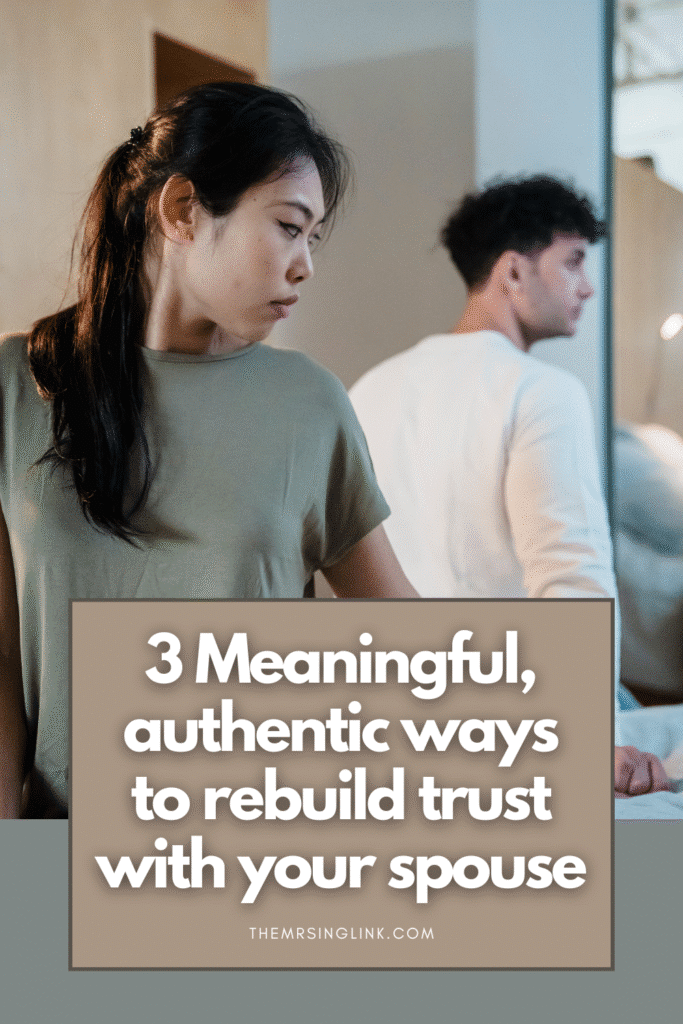How to rebuild trust when it’s been broken
To rebuild trust in a relationship, regardless of who did wrong, is a two-way street. We know that, right? It’s a teeter-tottering of give and receive. Trust can only be rebuilt if the bids for trust are not just modeled but received.
Unfortunately, how often do we treat rebuilding trust as solely being the responsibility of the one who broke trust? Is an important component, like forgiveness, being sidelined in the name of restitution? How likely are we to see our partner as an enemy inside the parameters of distrust, making it only an uphill battle the more we dig in our heels?
Are we guilty of minimizing bids for trust (effort) simply because we can’t receive it as being genuine, or we think doing so lets our partner off the hook? Are the efforts actually genuine and lasting? Is a hyper-focus on the blame game and keeping tabs plateauing trust efficacy or preventing trust from facilitating in the first place?
In the midst of broken trust, these are all things we need to be asking ourselves, honestly.
I’m about to say something rather triggering, but I feel it needs to be said: because rebuilding trust is a two-way street, it requires forgiveness. It’s not about forgetting the incident or accepting it somehow didn’t happen or no longer matters, it’s about moving forward. When there is no forgiveness, our feelings (from being wronged) will always be front and center, dictating the space for allowing trust to be rebuilt.

*As always, the thoughts, opinions and beliefs throughout this post are entirely my own.
Account for your wrongs; be quick to forgive
When trust is broken, simply admitting to wrongs holds little to no value, even when they’re caught or called out. Admittance or confession does not solely equate to accountability; it’s simply a pivot in the right direction.
There’s significance in not only taking into account and acknowledging (and avoiding being defensive) when you’re wrong but being accountable for wrongdoing. This includes unintentional affliction, too, not just mistakes and offenses!
Being accountable, in general, means to hold yourself responsible for your actions without shifting blame. It’s important to remember that being accountable doesn’t necessarily mean or guarantee changed behavior, but when it comes to repairing trust, it should follow with actively turning away from wrongdoing.
Wait, this point isn’t over yet – you read the other side that says be quick to forgive, right? But remember, forgiveness does not equate to involuntary or restored trust. Forgiveness also doesn’t magically make wrongs right again without repentance and ongoing repair.
[Related Read: 7 Subtle ways trust can be broken in a relationship]
Rebuilding trust isn’t solely accountability since there’s another side to the process, and forgiveness is part of it. To rebuild trust in a relationship also requires, yes, being open and receptive to effort of repair but also to extend grace and mercy. Because when trust is broken that’s when those things are the most difficult to do, which means there’s a need for it more beyond our own recognition and understanding.
It may take years for full repair, and a full recovery still leaves scarring. Scare tissue is no different from the rest, it only leaves a memory behind (in appearance).
That doesn’t change the fact that people are still human – they mess up, unintentionally hurt, make mistakes and worse – people do hurtful things to those they love knowing the risk or cost yet do them anyway. I promise this is going somewhere.
For instance, if you’re the partner who is on the betrayed side of trust, then you’re likely going to see, find, accumulate and exemplify any and every minor discrepancy and error as a setback. So to paint a picture gently without being too cliche, it’s equally important not to sweat the small stuff or keep tabs.
To rebuild trust in a relationship and reach potential for a full recovery means being willing to forgive, and to forgive quickly. This doesn’t just have to do with the thing that initially broke trust, but any imperfections stealing away hope and progress for repair.

Avoid secrecy while still respecting privacy
We don’t consider this often, but people are open books to different degrees and levels – not everyone is the same on everything. Yes, some are even considered sealed shut while others have pages flying everywhere due to a fragile or broken binding.
I’ve dabbled before about how both these things within this point can exist together, as they should, even if trust has been broken and needs repair. When both coexist, they balance each other out. Getting there is usually the challenge, and rightfully so.
Whether secrecy or a lack of respect for privacy is the issue, you don’t resolve either one by solely focusing on the side that is broken and abandoning the other. And that’s typically what occurs, naturally, for example, when you caught your partner being flirty in their DMs with someone else. The evidence of secrecy suddenly creates a dynamic for there to be a justified lack of respect for privacy. In other words, “You kept secrets from me, then you will have no privacy.“
[Related Read: Digital privacy in marriage (No secrets – we know each other’s passwords)]
The result is often things like demanding to check their socials regularly (or invading it without their knowledge), hyper-accusatory presumptions of their behavior (i.e., claiming their DMing others in secret when they come out of the bathroom on their phone) as well as implementing stricter limitations of their privacy (i.e., they aren’t permitted to doing certain things or doing them alone).
FYI, none of this is healthy, BTW, though it’s pretty common. Whether or not these things are *justified* consequences is not the point I’m making here. What I am saying is that’s not holding someone accountable, that’s simply trying to control their behavior.
Plus, invading or denying someone’s privacy as to avoid, recover from or uncover secrecy won’t actually fix the secrecy, nor will it make a guilty partner more willing to be accountable let alone transparent.
On the flip side, for those who are die hard about privacy to the point of secrecy, that is also no way to rebuild trust or maintain it. That will, in almost every case, do the complete opposite.
So if you’re that headstrong about personal sovereignty of your partner having access or knowledge of your decisions, whereabouts, connections, and other sensitive information, there comes a point where privacy becomes gatekeeping and trust is compromised in the name of confidentiality, especially when trust is already broken.

Practice vulnerability
Especially when it’s hard and uncomfortable. Being vulnerable to many can mean negative exposure or making yourself a target (to a threat). Personally, I think we confuse what vulnerability means with differing extremes.
In a more technological-focused society, it’s easy to see how people are making themselves far more vulnerable since we post more frequently, have access to things and others almost 24/7 and aren’t necessarily afraid to put it out there for all to see (publicly).
The thing is, that doesn’t equate to the full understanding of vulnerability – that simply says we’re active and engaged. Being vulnerable also means being authentic, where both the good and bad exist. We’re likely not seeing but one side of most people’s story on the internet, and that’s the ideal parts, in case you’re wondering.
People aren’t vulnerable enough to show there are things outside the highlight reel of their lives – the not so pretty yet entirely realistic, raw or mundane stuff.
Look, seriously, I’m not saying to go all making yourself *vulnerable* on the interwebs. Plus, we’re talking about vulnerability when rebuilding trust in relationships, so we really shouldn’t compare the two.
Being vulnerable really points to all the others made in this post, and on a level that separates your connection with your partner from anything and anyone else. Let’s not complicate this one: vulnerability says you value the connection with your partner uniquely apart from and above others. Because when you’re not able or willing to be vulnerable, you’re essentially shutting and keeping them out and away.
Hold up, this has nothing to do with *keeping a little mystery* in your relationship.
When you practice vulnerability with your partner, you’re showing them who you are despite…i.e., possible rejection, truly being seen and perceived, imperfections, insecurities, flaws, and the like. And not just that, being vulnerable is about showing them your intentions, feelings (how you feel about them) level of commitment (to them) as well as the value of the relationship (to you).
What does practicing vulnerability look like?
- Sharing your feelings about something you wouldn’t normally (or because you felt you couldn’t) as well as being able to share the *hard*, uncomfortable things.
- “Hey, I want to share with you something that bothered me recently and I want to get it off my chest.“
- “I am uncomfortable with that level of interaction between you for it being strictly platonic.“
- “I’m beginning to feel discouraged trying to make amends for what I did when my efforts have been met with scoffing, eye-rolling and rejection.“
- “I regret and shouldn’t have spoken to you the way I did before. Talking to you like that isn’t going to make you trust me more, I realize that and I’m sorry.
- Creating a space for and proactively encouraging your partner to share their feelings when that’s typically uncomfortable for you.
- “You seem a little off after our exchange earlier – want to talk about what’s on your mind? I’m here to listen.“
- “I know [said incident] might have been a trigger for you. We can talk about it if you want.“
- “I can tell you’re upset about so-and-so being there, and I want to understand why. Can you help me with that?
- Sharing/Inquiring [certain, possibly sensitive] information, whether necessary, anticipated, expected or not, out of courtesy and respect.
- “My team was invited to a work dinner on Friday, and I wanted to check in with you first before making any decisions.“
- “I need to run to the store for something – did you need/want anything while I’m out?“
- “Hey, just wanted to let you know I’ll be getting home a little after 5 today.” (Continue following up if necessary) “Sorry, IT has slowed us down from getting work done today, and it’ll now be closer to 6 before I’m home.” (Action-packed bonus points) “Just left, and I’m on my way!“
- “Oh, my day was pretty good. I actually had lunch at that new place ____ today with […] and […].“
- Expressing an expectation in connection to mutually repairing trust.
- “I need to be able to trust what you’re actually telling me is true, and what you’re saying needs to be followed through in action, not just words. (Then give example) For example, you keep telling me you’ll speak to your mother about [said incident] but you haven’t, which isn’t showing me I can trust that you have my back.“
- “I’m uncomfortable with your interactions with her, and I can’t trust that it is strictly platonic if you’re continuing to […respond to her at all odd hours of the night, lying about lunch *work meetings* with her from me, enable her sending you weird, flirtatious texts/emojis that are unprofessional].“
- “I know I messed up when I _______, and I have willfully given you information when asked, but it also feels like betrayal when I find you prying through my phone in the middle of the night while I’m asleep. I need the effort in repairing the trust to go both ways, and just because I caused it to break doesn’t mean my efforts deserve to be trampled on.“
